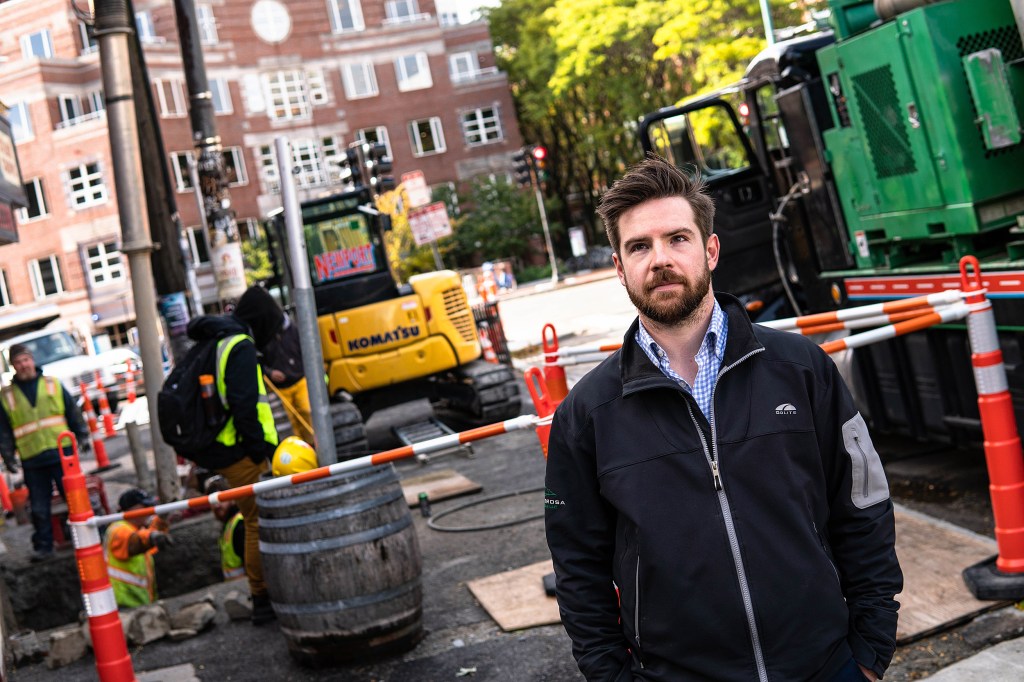Science & Tech
-

Preserving learning in the age of AI shortcuts
In podcast, teachers talk about how they’re using technology to supercharge critical thinking rather than replace it
-

A ‘cocktail’ recipe for brain cells
Stem cell biologists discover how to regenerate type damaged in ALS, spinal cord injuries

-

When you do the math, humans still rule
Harvard’s Lauren Williams, a MacArthur ‘genius,’ joins international effort to challenge notions of AI supremacy
-

‘Imagination’
Less like a picture, more like a video game? Cognitive scientist explains how we ‘see’ what isn’t real.
-

Breaking chess’s rating stalemate
Ranking skill can be tricky when the best players draw more than they win, so a Harvard statistician invented a new method

-
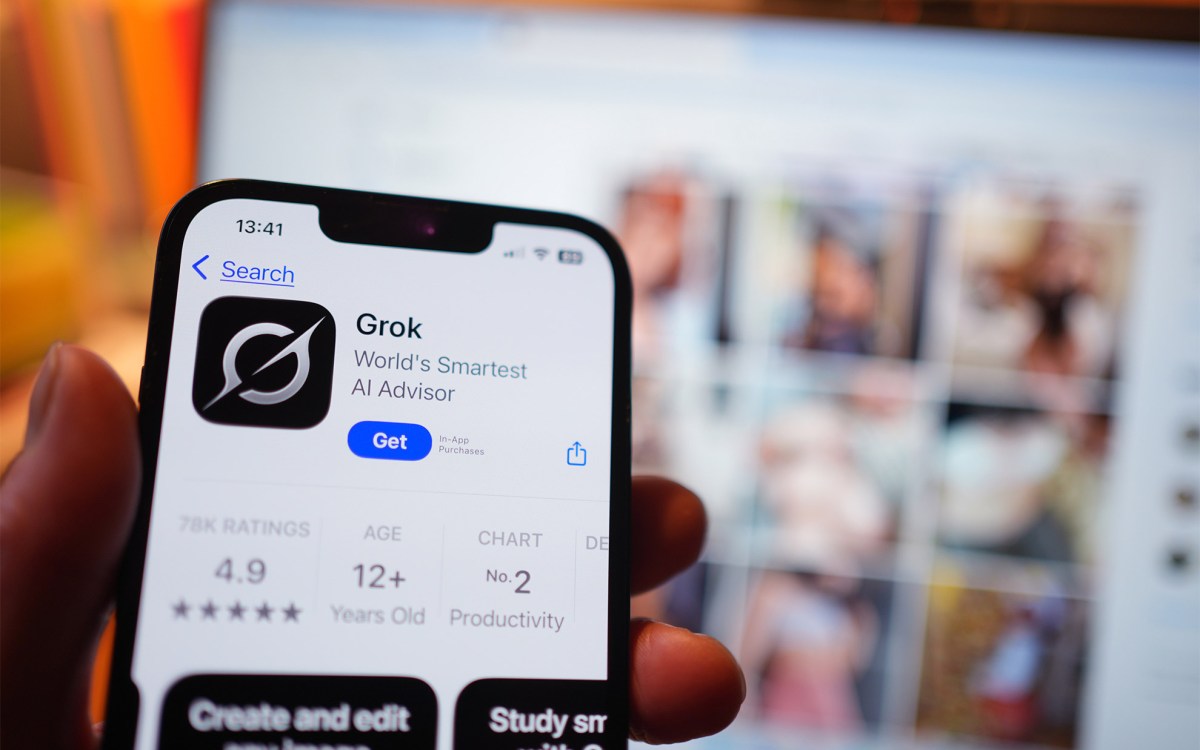
How AI deepfakes have skirted revenge porn laws
Limits unclear when explicit images of individuals look real, but are digitally generated
-
Finding new land-management lessons in old ways
A new study overturns long-held beliefs about the role humans played in shaping the landscape pre- and post- European colonization.
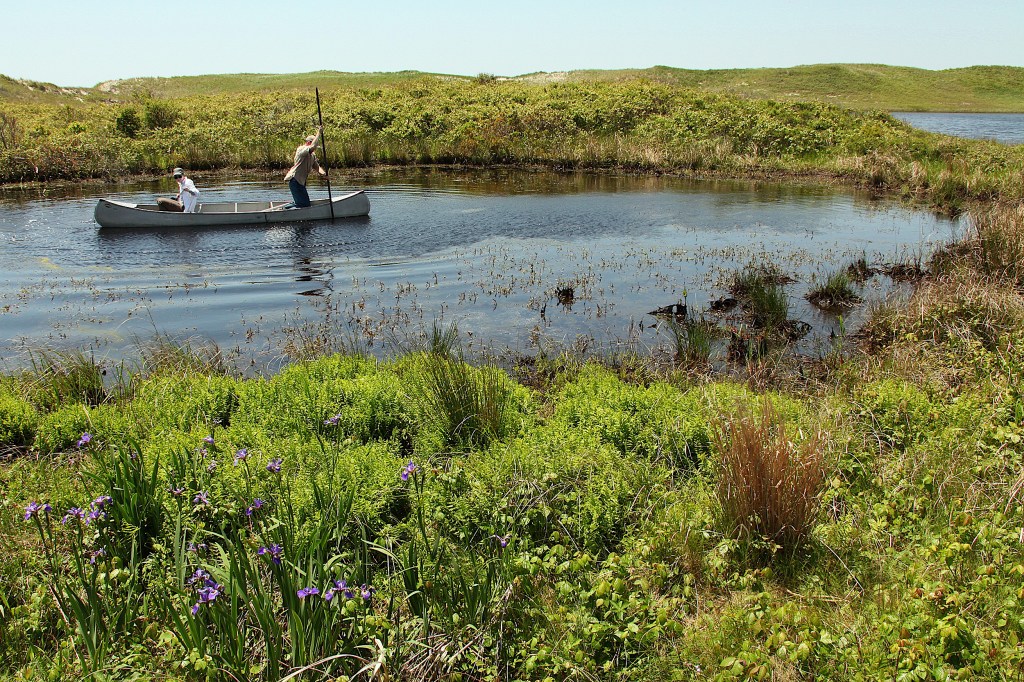
-
The next decade in science
The Wyss Institute asked its faculty members to predict the biggest scientific advancements in their fields in the next 10 years.
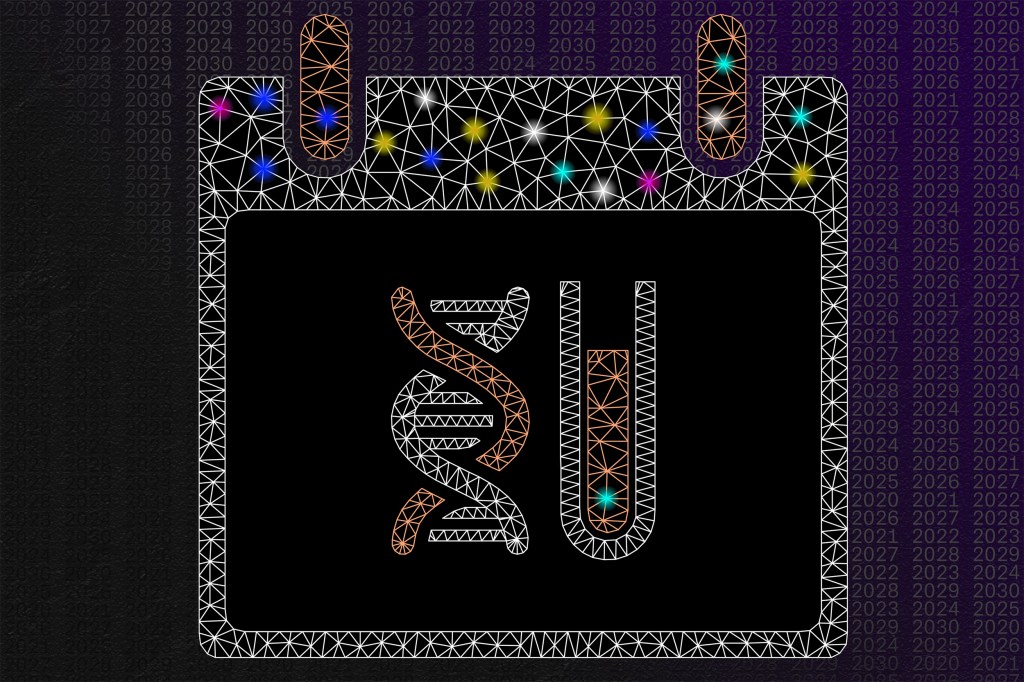
-
Study looks to genome editing to treat deadly degenerative disorder
Harvard stem-cell research receives support from Sarepta Therapeutics for work on Duchenne muscular dystrophy.
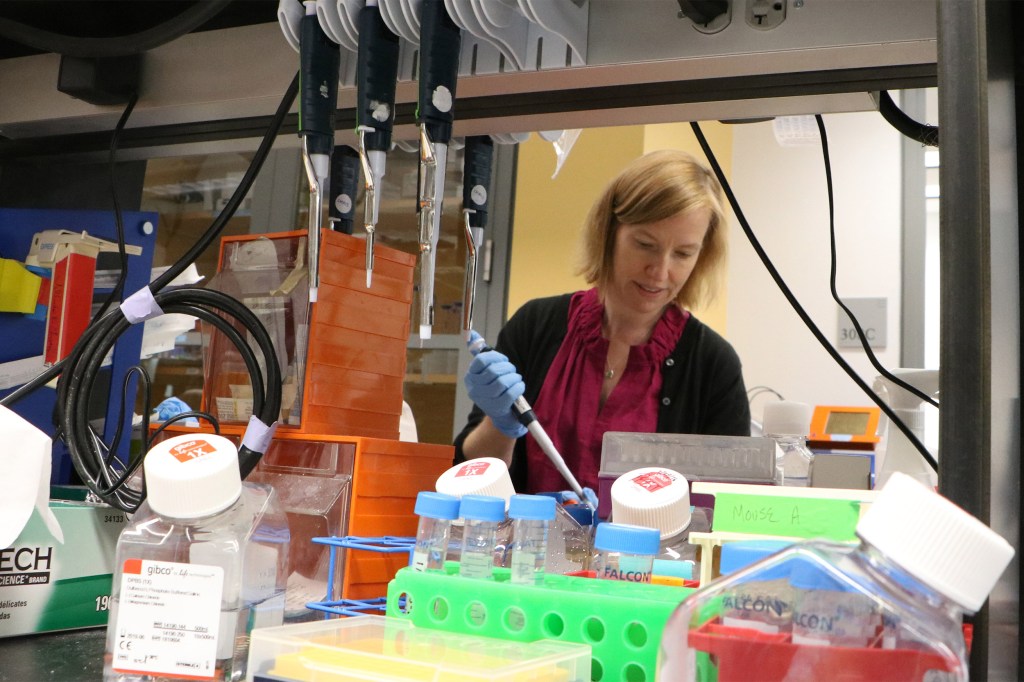
-
Backbone of success
Harvard researchers have unveiled the first stem cell models of human spine development, setting the stage for better understanding of musculoskeletal and metabolic disorders, including congenital scoliosis, muscular dystrophy, and Type 2 diabetes.
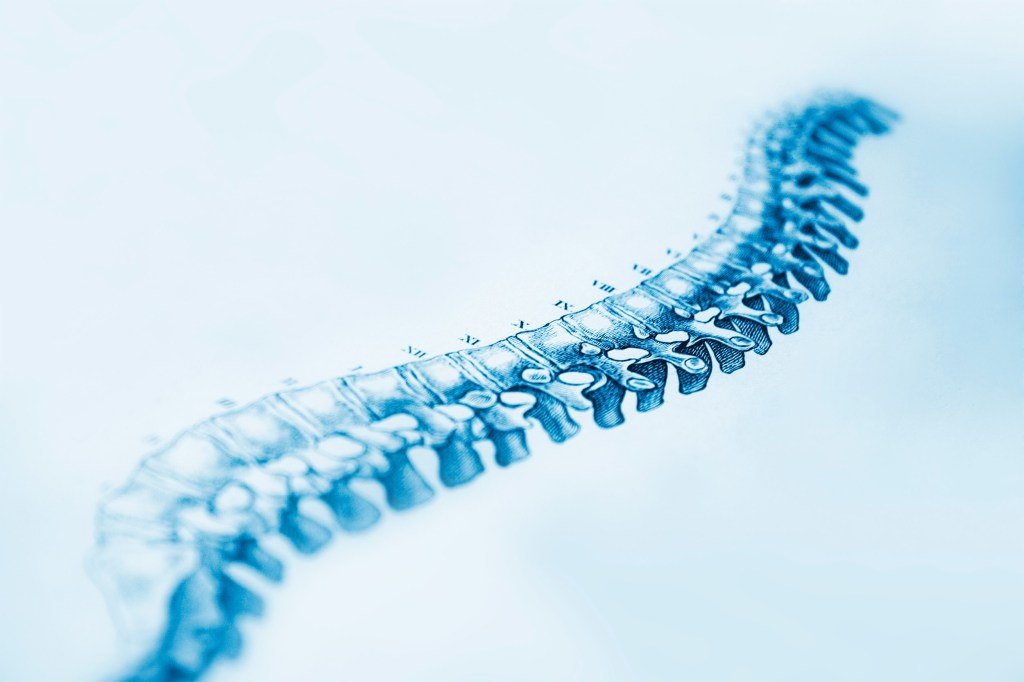
-
New hope for sensory calm
Harvard professors David Ginty and Lauren Orefice describe how their innovations present a novel approach to treating tactile hypersensitivity in patients with autism-spectrum disorders.

-
The giant in our stars
Astronomers at Harvard have discovered a monolithic, wave-shaped gaseous structure — the largest ever seen in our galaxy — and dubbed it the “Radcliffe Wave.”

-
Catching lightning in a bottle
Harvard researchers have performed the coldest reaction in the known universe by capturing a chemical reaction in its most critical and elusive act.
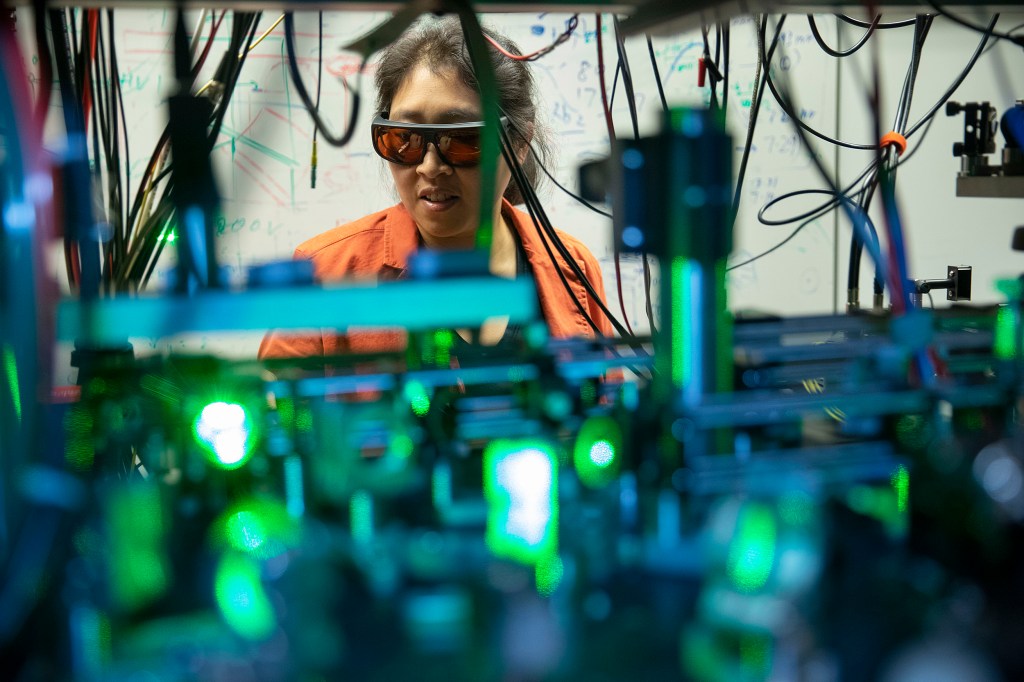
-
Power play
With “High Sees,” architect Megan Panzano reasserts how play can impact mental and social development.

-
Helping to uncover the mechanism controlling brain states
A team of researchers led by two Harvard alumni uncover a switch that controls brain states.
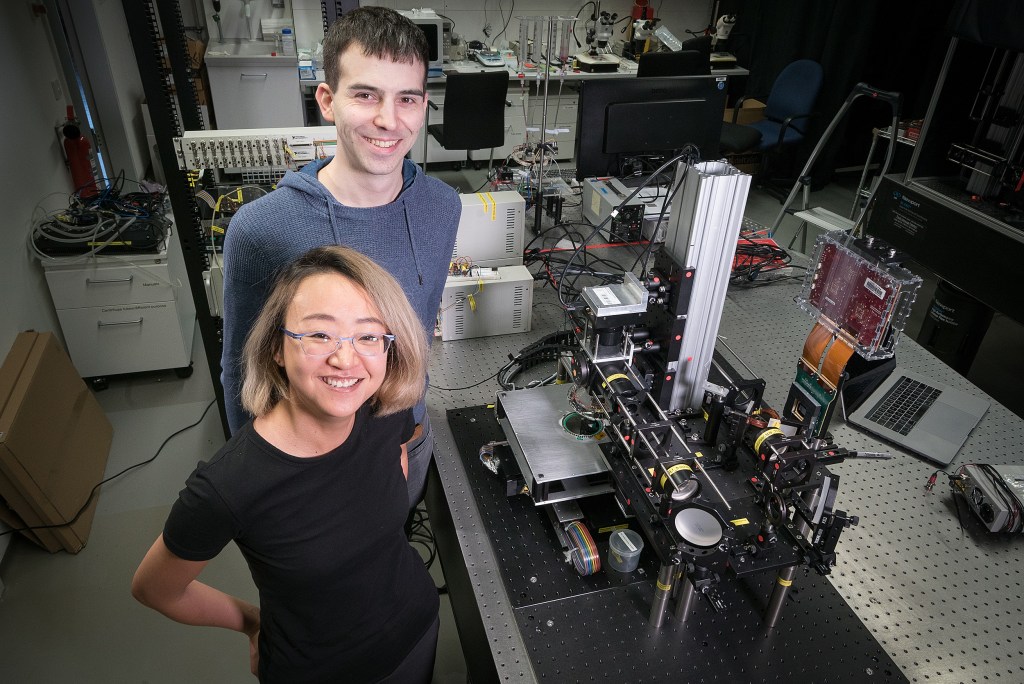
-
The power of positive phrasing
Analysis of more than 6 million clinical and life-science papers shows articles with male lead authors are up to 21 percent more likely than those with female lead authors to use language that frames their research positively, which could contribute to persistent gender gaps in pay and career advancement in life sciences and medicine.

-
Living hydrogel can help heal intestinal wounds
A genetically programmed living hydrogel material that facilitates intestinal wound healing is being considered for development as a probiotic therapy for patients with inflammatory bowel disease.
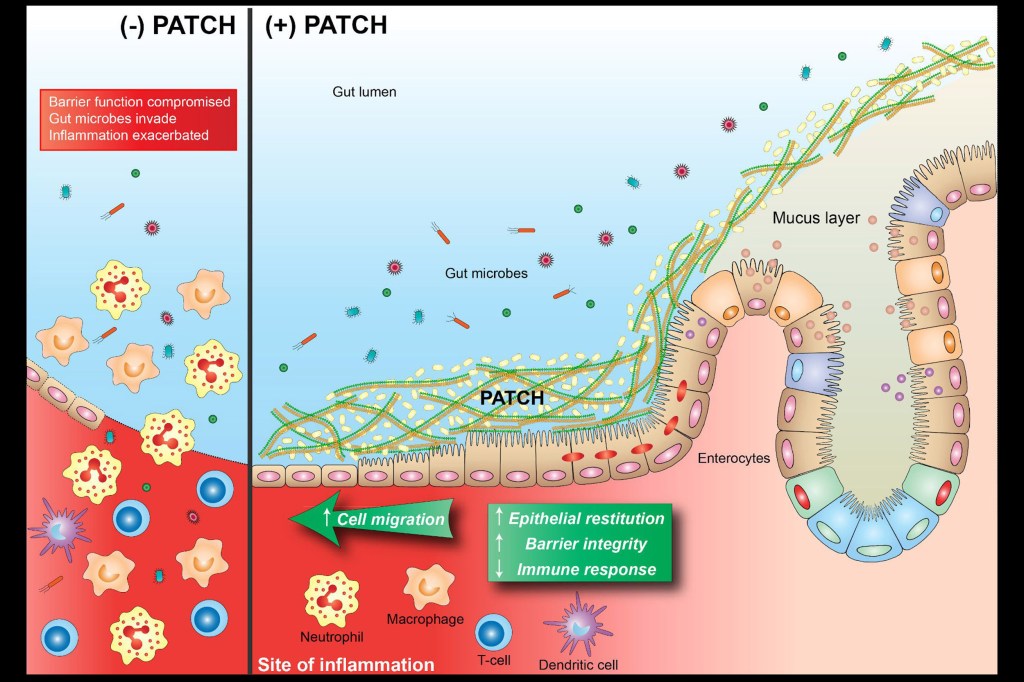
-
Who’s that girl?
New research suggests a country’s degree of gender equality can shape men’s ability to recognize famous female faces.

-
A platform for stable quantum computing, a playground for exotic physics
Harvard researchers have demonstrated the first material that can have both strongly correlated electron interactions and topological properties. The discovery both paves the way for more stable quantum computing and creates an entirely new platform to explore exotic physics.
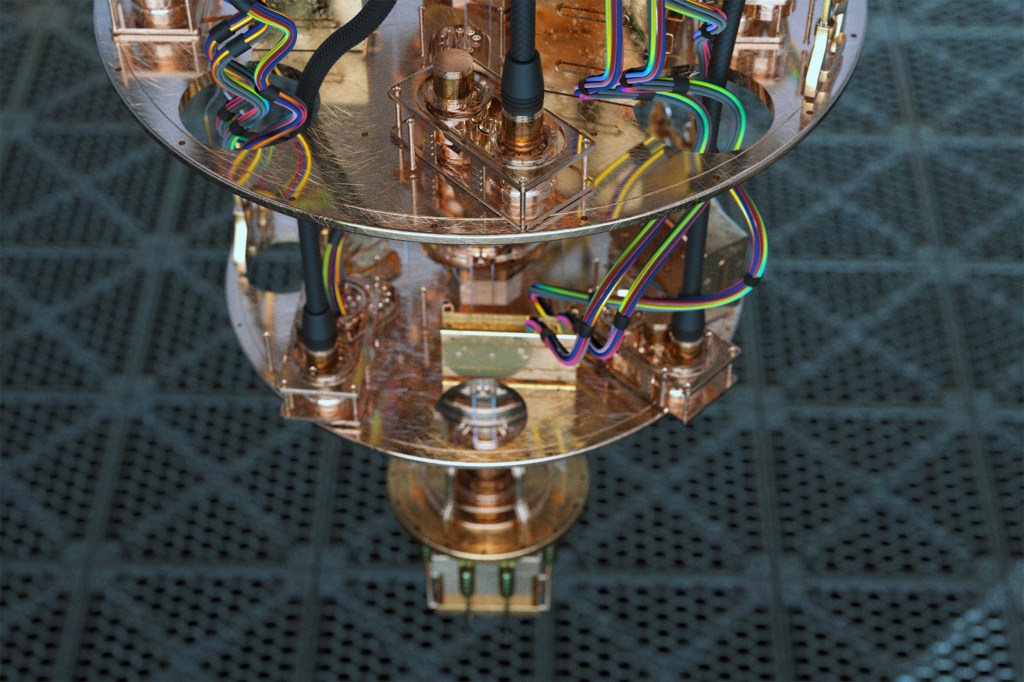
-
Speeding cell, gene therapy development
Innovative public-private partnership led by Harvard and MIT aims to bolster state’s role as a leading region globally for life sciences.
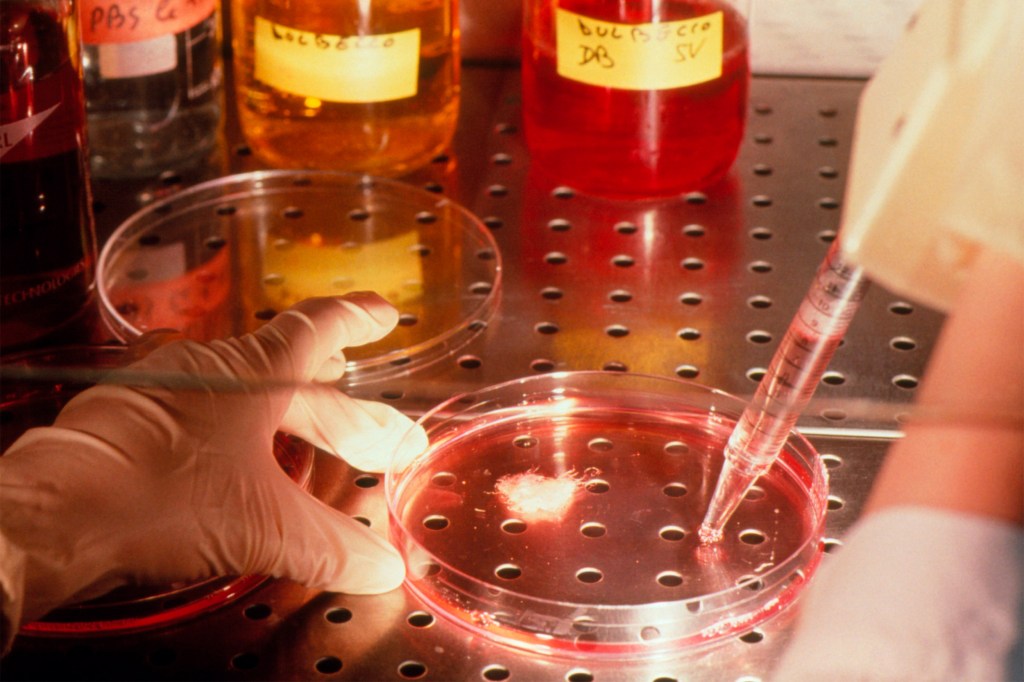
-
Chinese botanists hit trail with Arboretum
Chinese botanists collect seeds during their inaugural expedition in the Appalachian Mountains with members of the Arnold Arboretum.
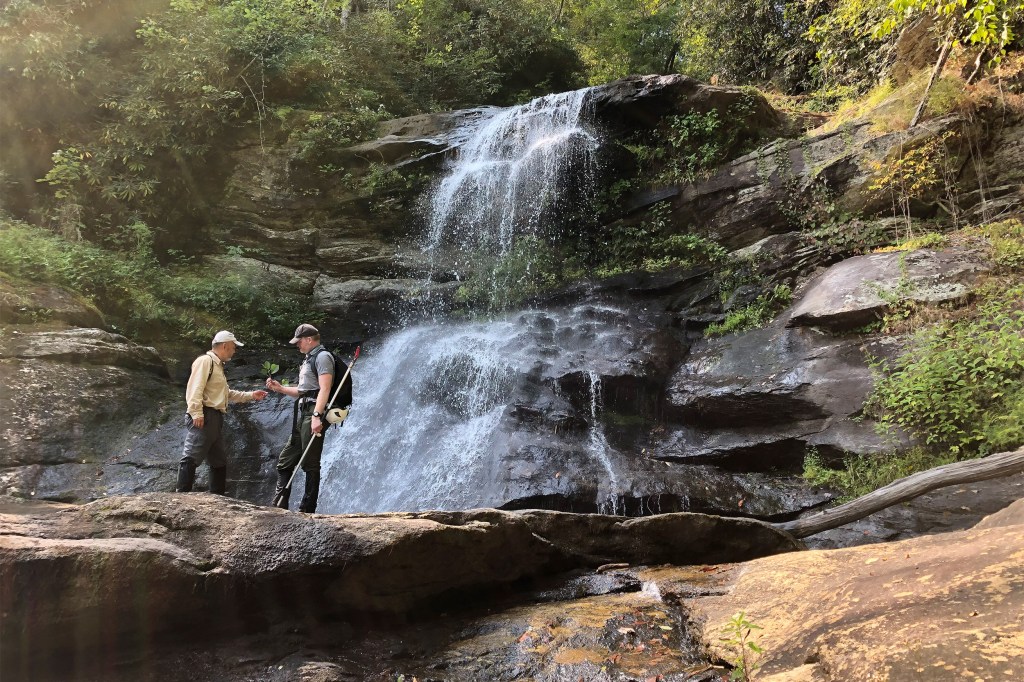
-
Where we get our sense of direction
Using virtual reality experiments, Harvard neuroscientists have decoded how fruit fly brains integrate visual cues for navigation. Study also sheds light on a form of short-term memory known as unsupervised learning.
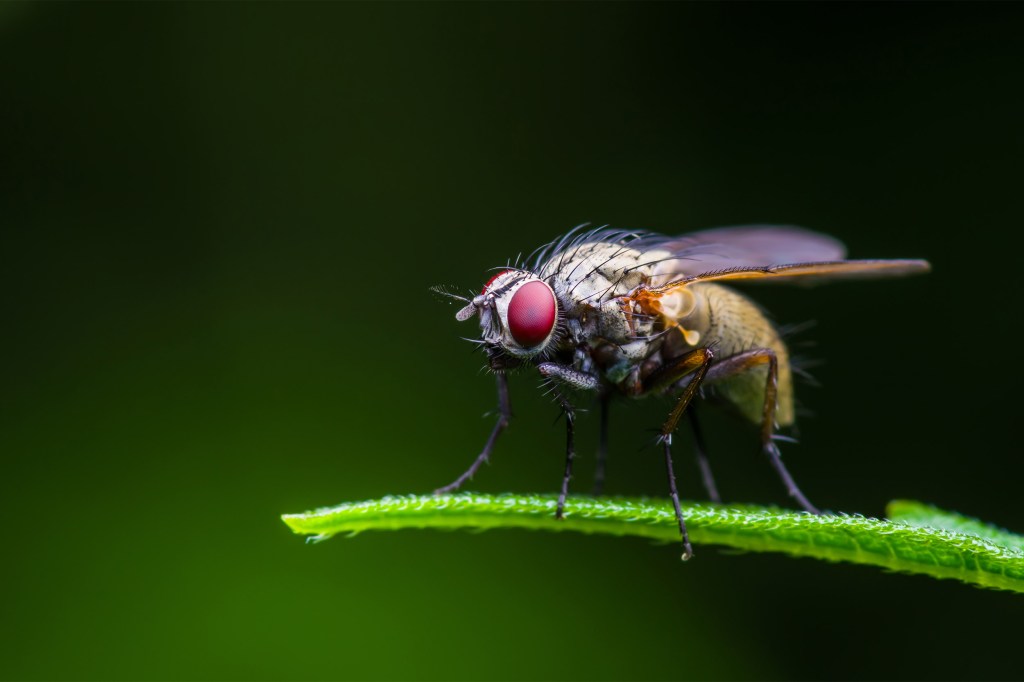
-
The archaeology of plaque (yes, plaque)
Christina Warinner says ancient dental plaque offers insights into diets, disease, dairying, and women’s roles of the period.
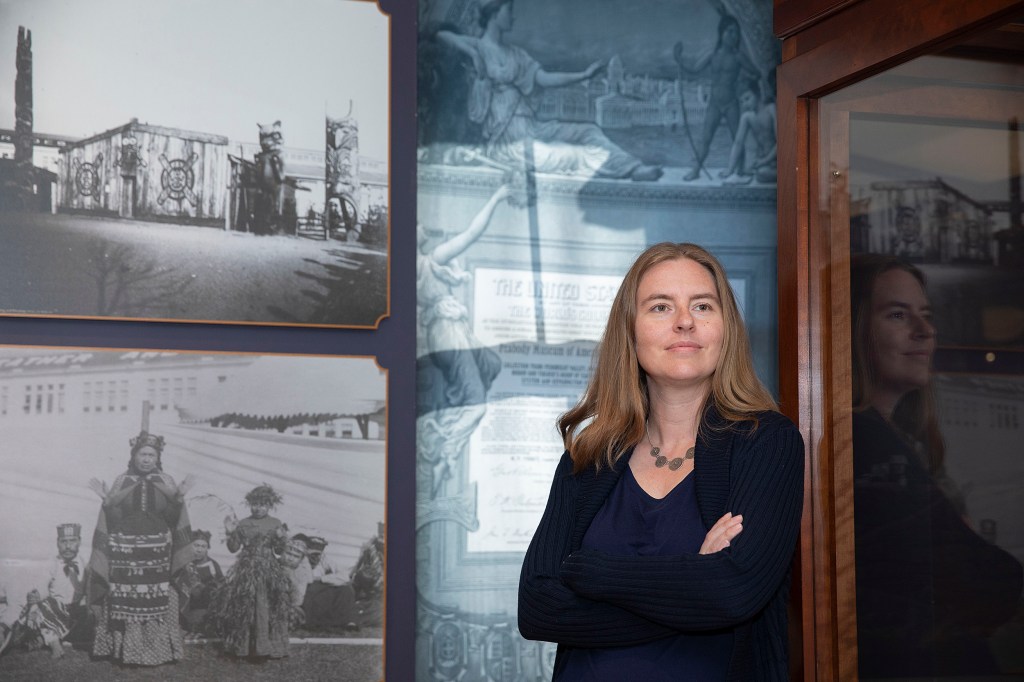
-
Learning from the land
Harvard University doctoral candidate Jordan Kennedy studies the engineering marvels that beavers create in her home state of Montana.

-
Predicting sudden cardiac death
Researchers have determined that genetic testing could identify those at risk for cardiac death prior to any symptoms.

-
Building connections
Harvard University doctoral candidate Andy Cohen survived getting stuck in a blizzard, and is a better engineer because of it.
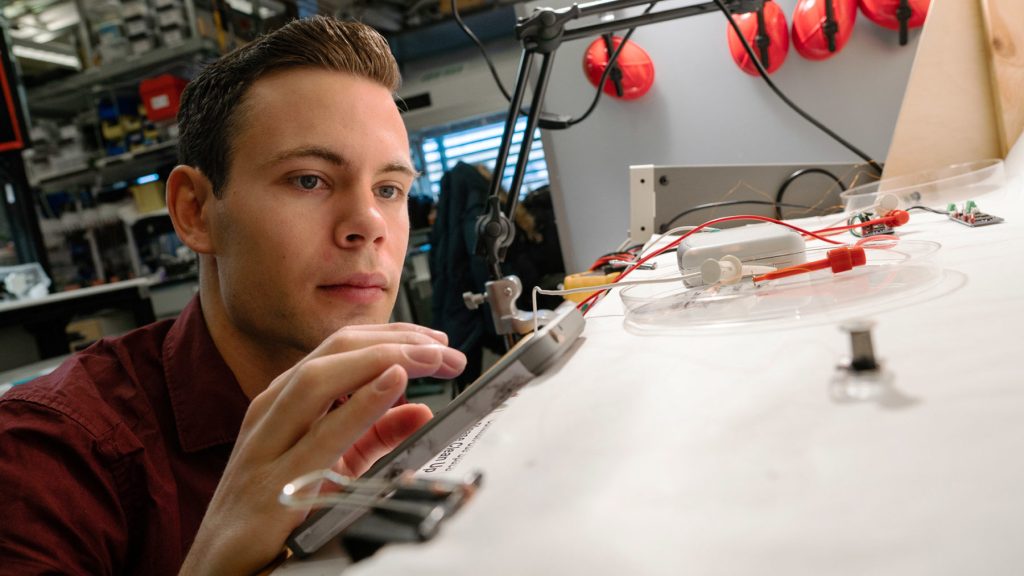
-
New laser paves way for better imaging, communications
Harvard researchers have developed a totally new type of laser that can reach terahertz frequencies offering short-range, high-bandwidth wireless communications, very-high-resolution radar, and spectroscopy.
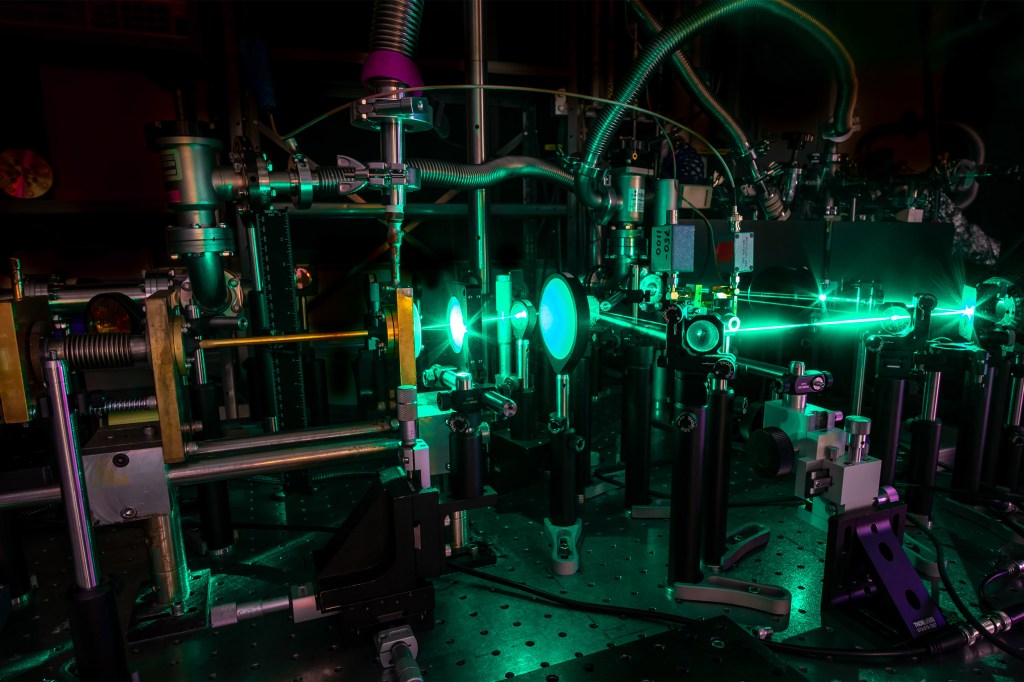
-
Physics, real and fictional
A Harvard study is exploring the way humans’ sense of “intuitive physics” of the real world leaves fingerprints on the fictional universes we create.

-
A second look at evolution
Researchers find clues to evolution in the intricate mammalian vertebral column.
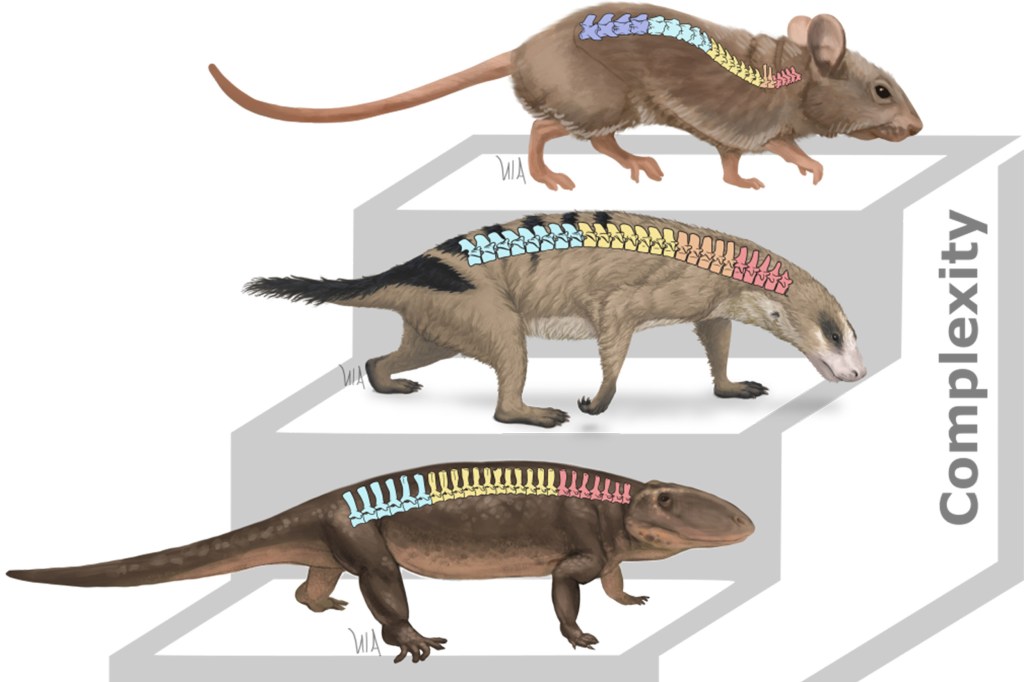
-
Faster testing for illicit drugs
The landscape of the illegal drug trade changes constantly, particularly amid the current opioid crisis. Law-enforcement officers regularly find or confiscate pills, powders, and other substances and need to know…
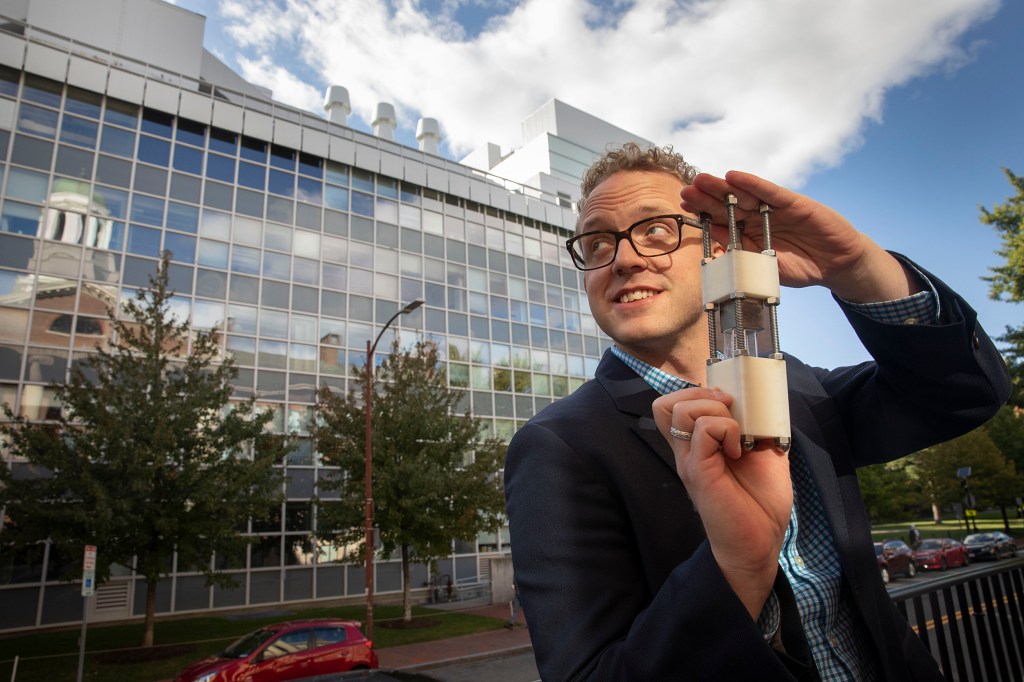
-
A better candidate for chemo delivery
A new technique called ELeCt (erythrocyte-leveraged chemotherapy) can transport drug-loaded nanoparticles into cancerous lung tissue by mounting them on the body’s own red blood cells.
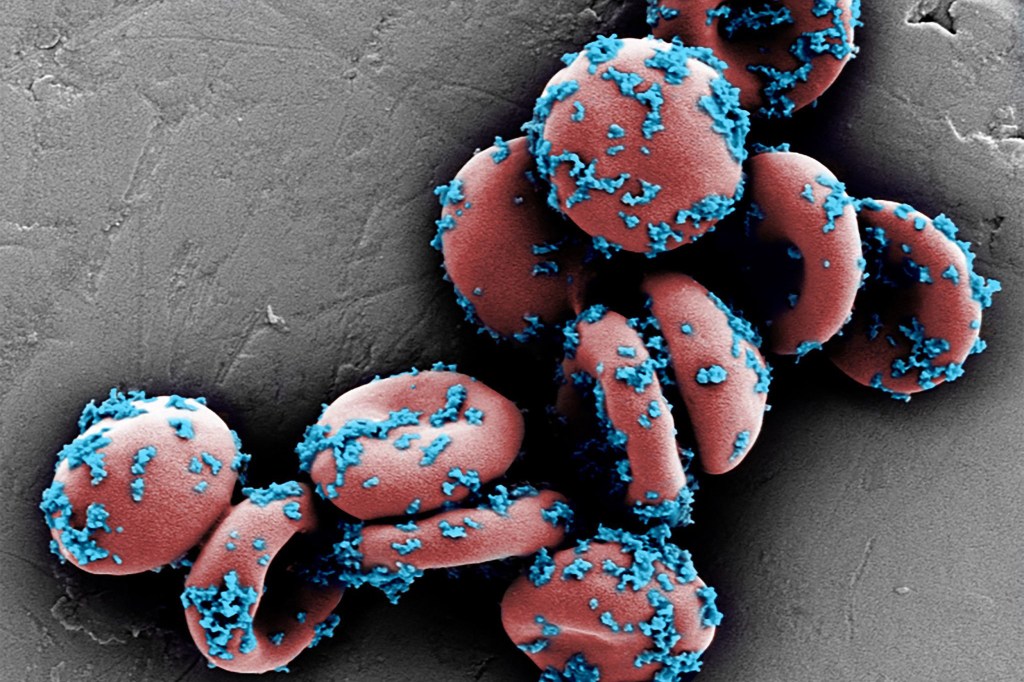
-
Survival of the fittest takes a hit
By re-barcoding the DNA of yeast, researchers were able to follow evolution for approximately 1,000 generations, finding surprises along the way.
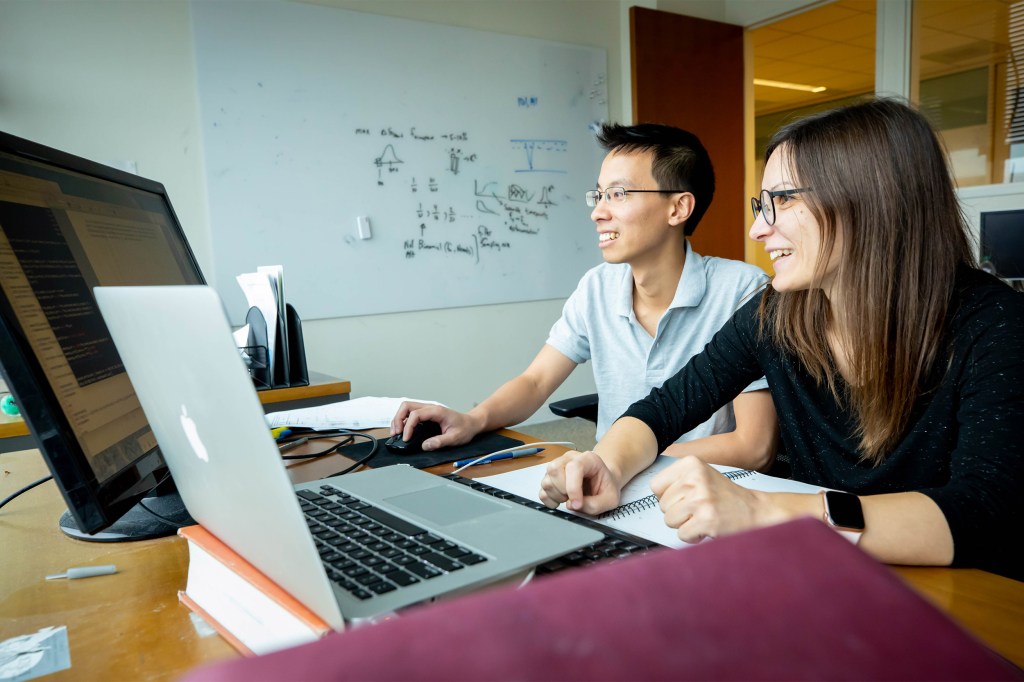
-
If it ain’t broke, don’t fix it
Research suggests that errors resulting from variability in motor function are a feature, not a bug, of our nervous system and play a critical role in learning.
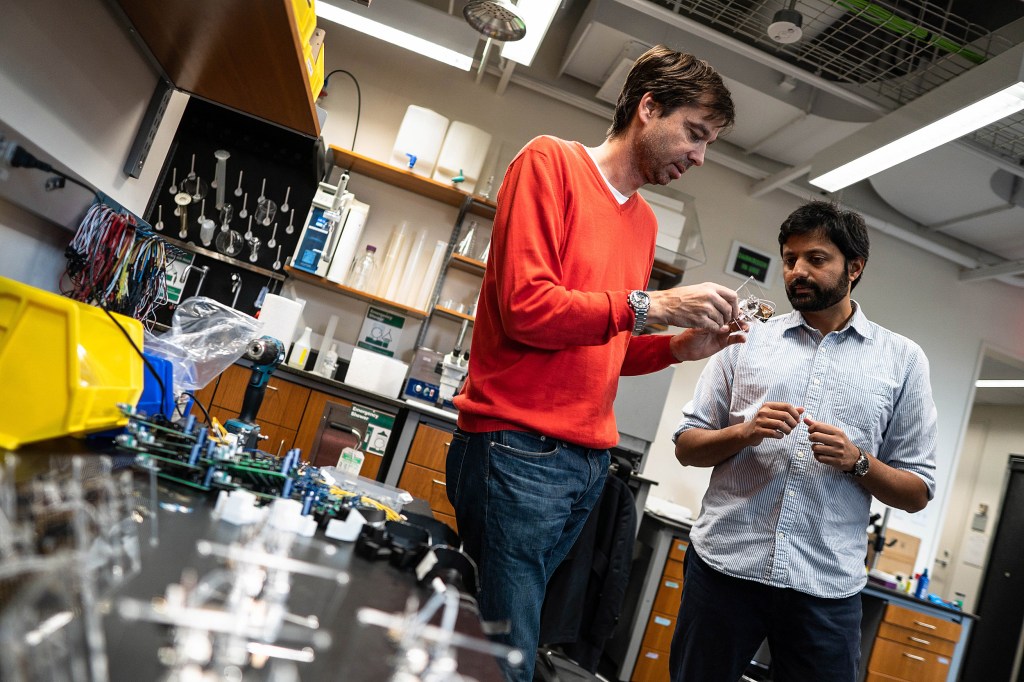
-
Combination gene therapy treats age-related diseases
Wyss Institute, Harvard Medical School study offers hope for single genetic treatment for multiple age-related ills.
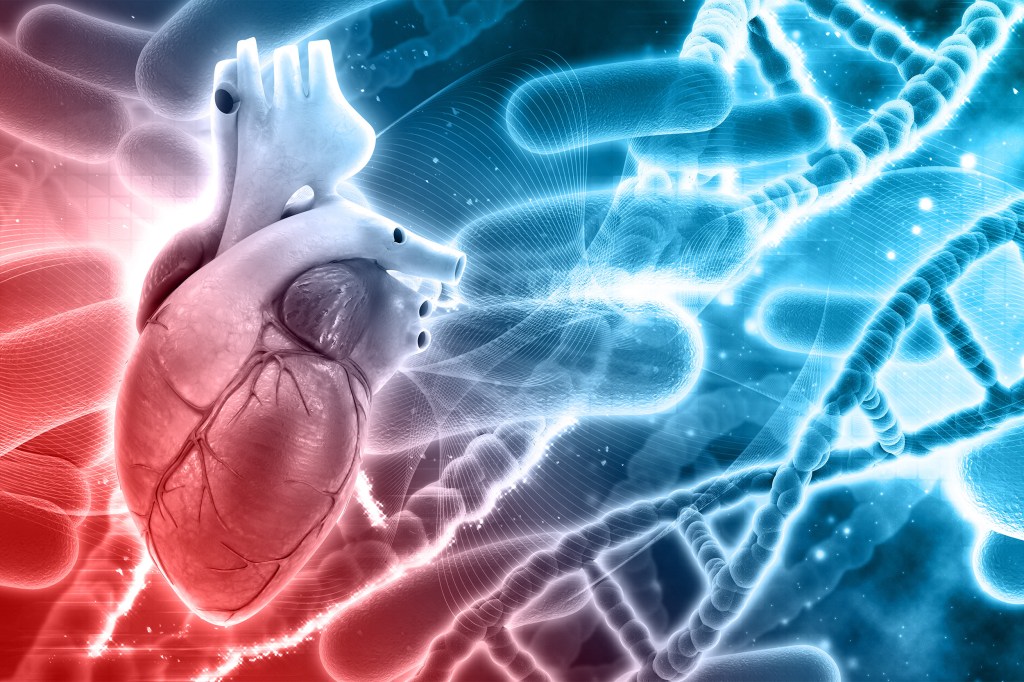
-
First in flight: RoboBee powered by soft muscles
Researchers have developed a resilient RoboBee powered by soft artificial muscles that can crash into walls, fall onto the floor, and collide with other RoboBees without being damaged.
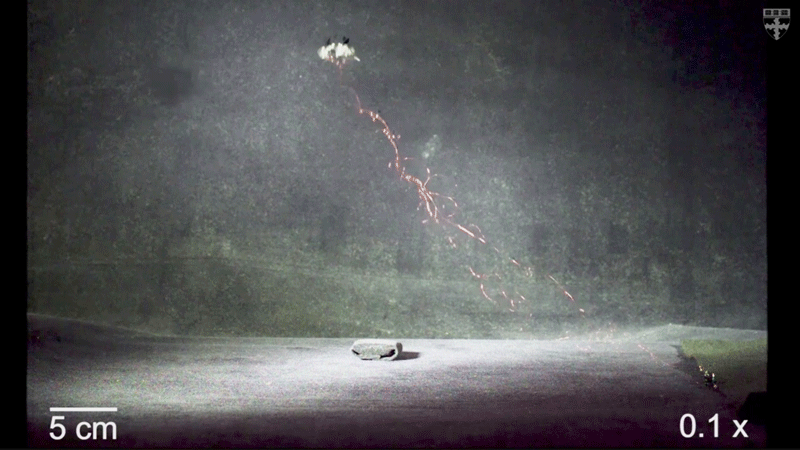
-
Toll of climate change on workers
Economist Patrick Behrer is tracking the health effects of working in an extremely hot environment and the ripple effects on the economy.
